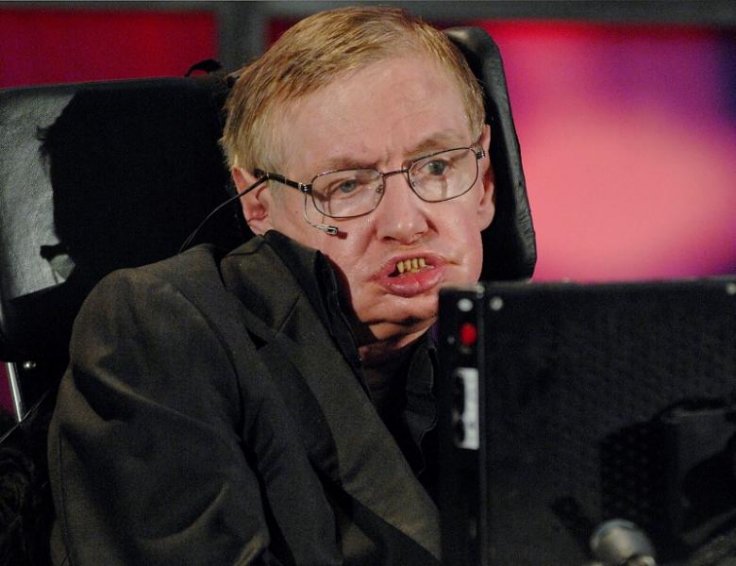
Stephen Hawking, the scientist who helped to shape the modern cosmology, had predicted the existence of para parallel universes and predicted the end of the world shortly before his death on Wednesday, March 14.
Hawking, who died at the age of 76, had talked about the existence of multi-universe, which meant that there will be many universes other than ours. His last work called "A Smooth Exit from Eternal Inflation" is currently under review for publication in a scientific journal.
Apart from the multi-universe theory, this mathematical paper also predicted that the universe would eventually end and fade into darkness when stars run out of energy.
For this study, Professor Hawking collaborated with Professor Thomas Hertog of Belgium's KU Leuven University. Hawking also said that by using the probe on spaceships, scientists might be able to find the alternative universe, which will also help humans to understand their own universe as well as their place in the cosmos.
"He has often been nominated for the Nobel and should have won it. Now he never can," Hertog told The Sunday Times. But he argued and claimed that Professor Hawking could have achieved the honor for his last study.
The well-known theoretical physicist, who proposed gravitational singularity theorems and the theoretical prediction that black holes emit radiation, was diagnosed with the debilitating motor neuron disease amyotrophic lateral sclerosis (ALS) in 1963 when he was just 21-years-old. But he defeated all odds and chased his dreams and opened new ways of thoughts to space buffs and other experts all around the world.
He shocked the world when he published his first general-audience book, 'A Brief History of Time: From the Big Bang to Black Holes' in 1988.









